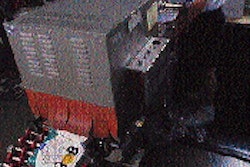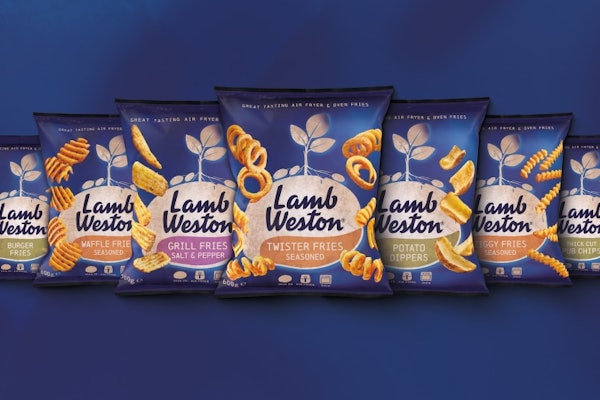BST, a bio-engineered hormone that increases milk production, was approved by FDA early in 1994. The agency ruled that no additional labeling was required because BST is virtually identical to a hormone produced naturally by dairy cows. That wasn't good enough for foes of bioengineered foods, who have pressed for BST labeling at the state level. Under Vermont's mandatory BST labeling law, which applies to a wide variety of milk products, manufacturers may either: * Place labels on individual milk products; * Have each state retailer who sells products containing BST-treated milk place a prominent sign with various required statements in the display case; or * Segregate BST products in an appropriately labeled, separate display case or in a clearly marked section of a display case. Manufacturers wishing to assert their products are BST-free are subject to various verification requirements.
Vermont's BST label regs challenged
Barring a court injunction being sought by dairy industry groups, manufacturers of dairy products will be subject to Vermont's mandatory BST labeling regulations as of September 12, 1995.
Aug 31, 1995
Machinery Basics
Get a jump on your 2026 packaging & processing goals at PACK EXPO East.
Be the first to find what’s next in packaging & processing at PACK EXPO East. See new solutions from 500 exhibitors, uncover creative ideas for 40+ verticals and gain inspiration from free sessions on industry trends—all in one trip to Philadelphia.
REGISTER NOW & SAVE
Annual Outlook Report: Sustainability
The road ahead for CPGs in 2025 and beyond—Packaging World editors review key findings from a survey of 88 brand owners, CPG, and FMCG readers.
Download Now
Downloads





















